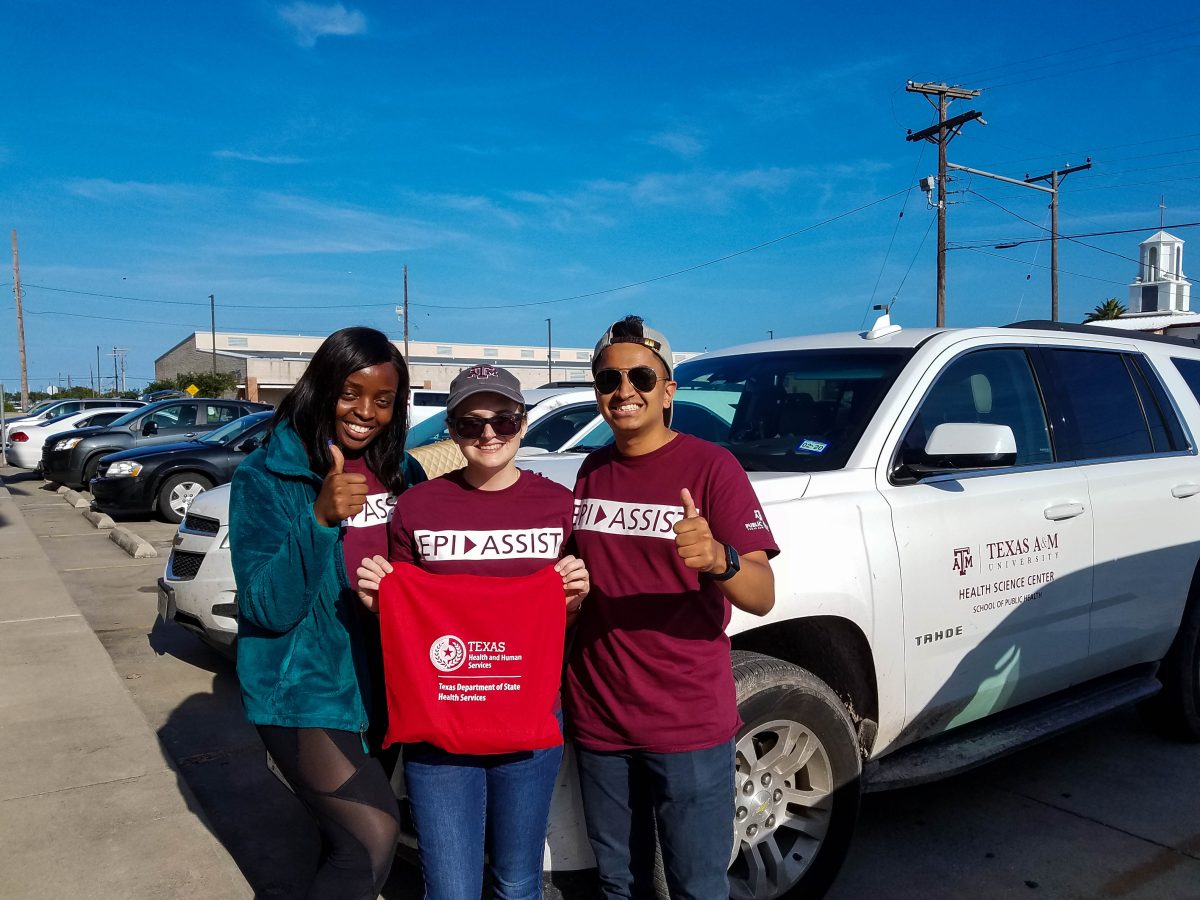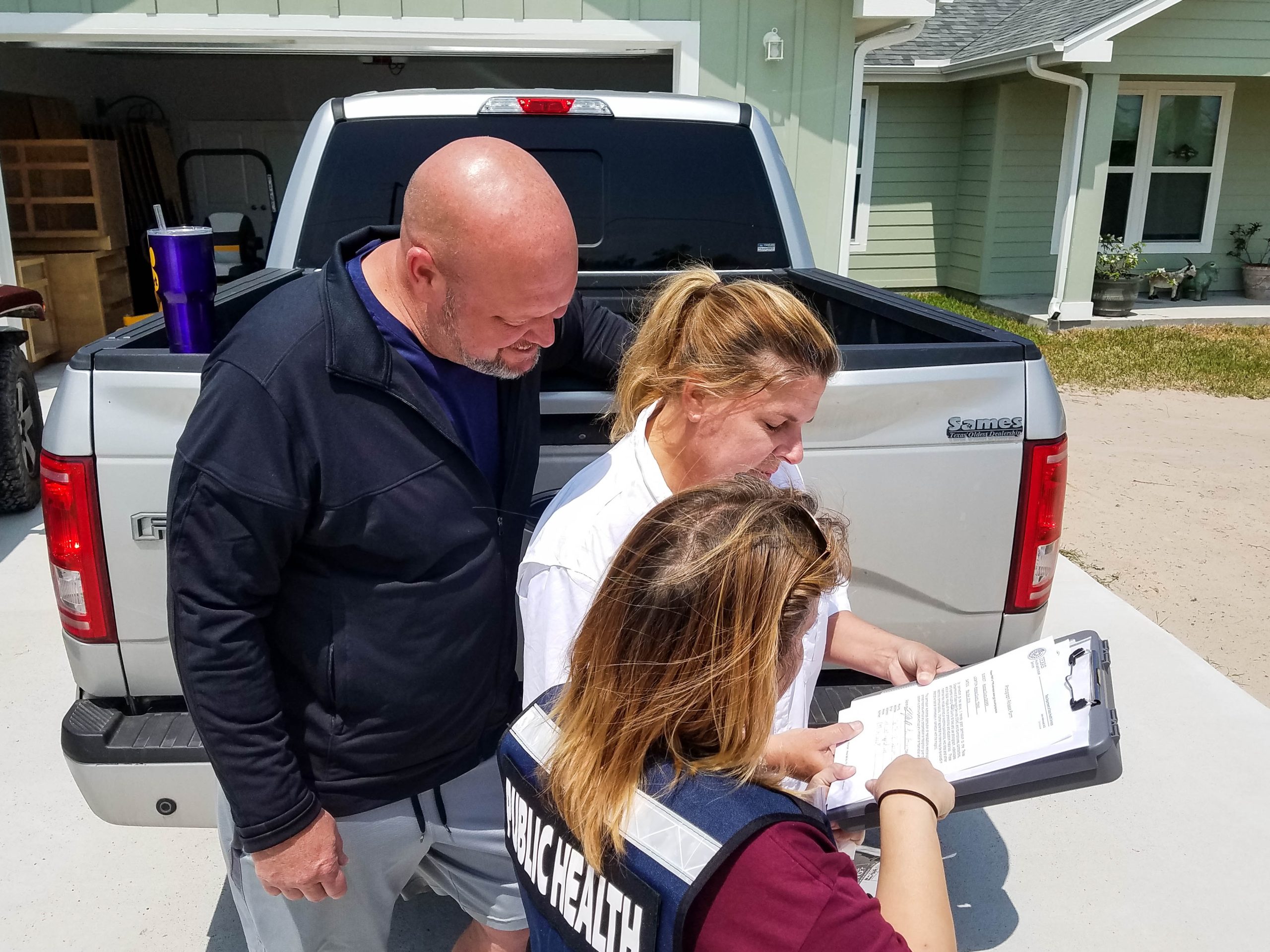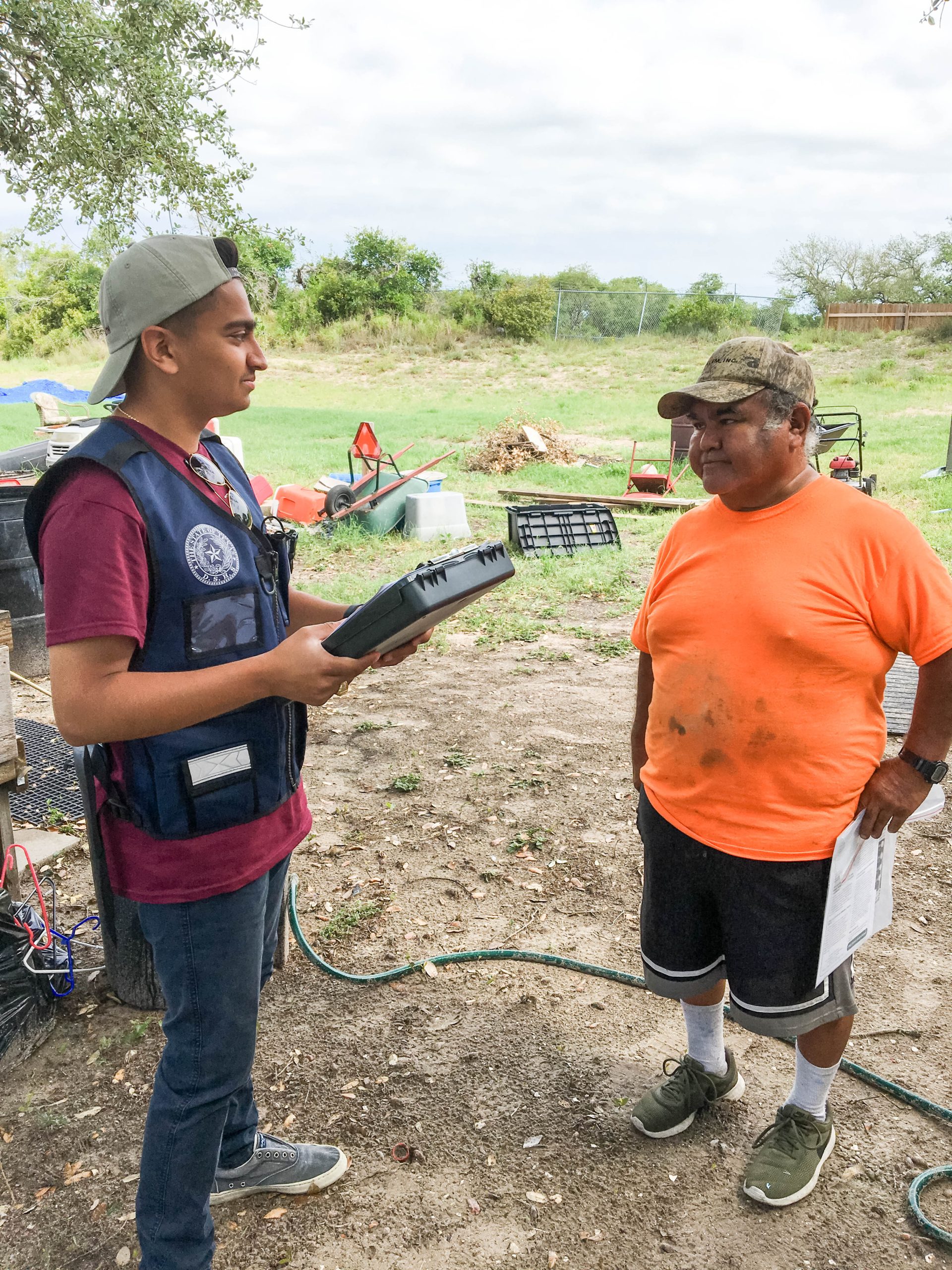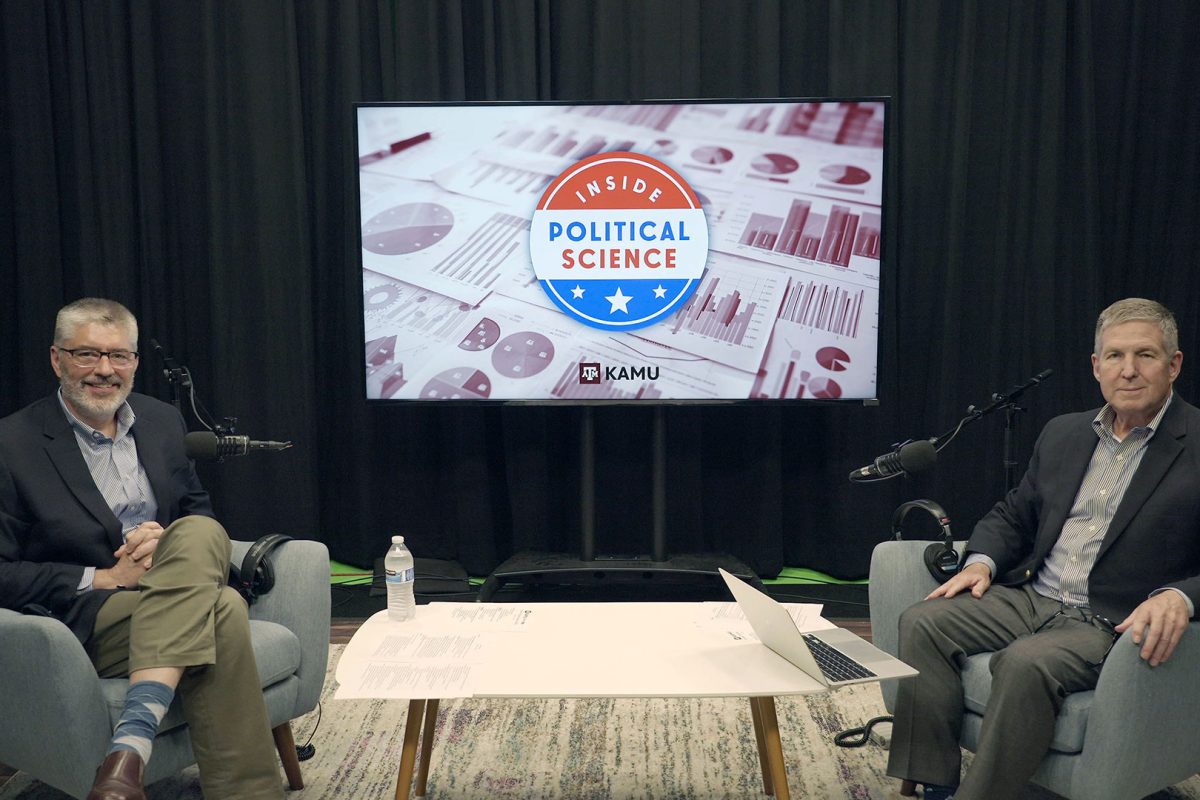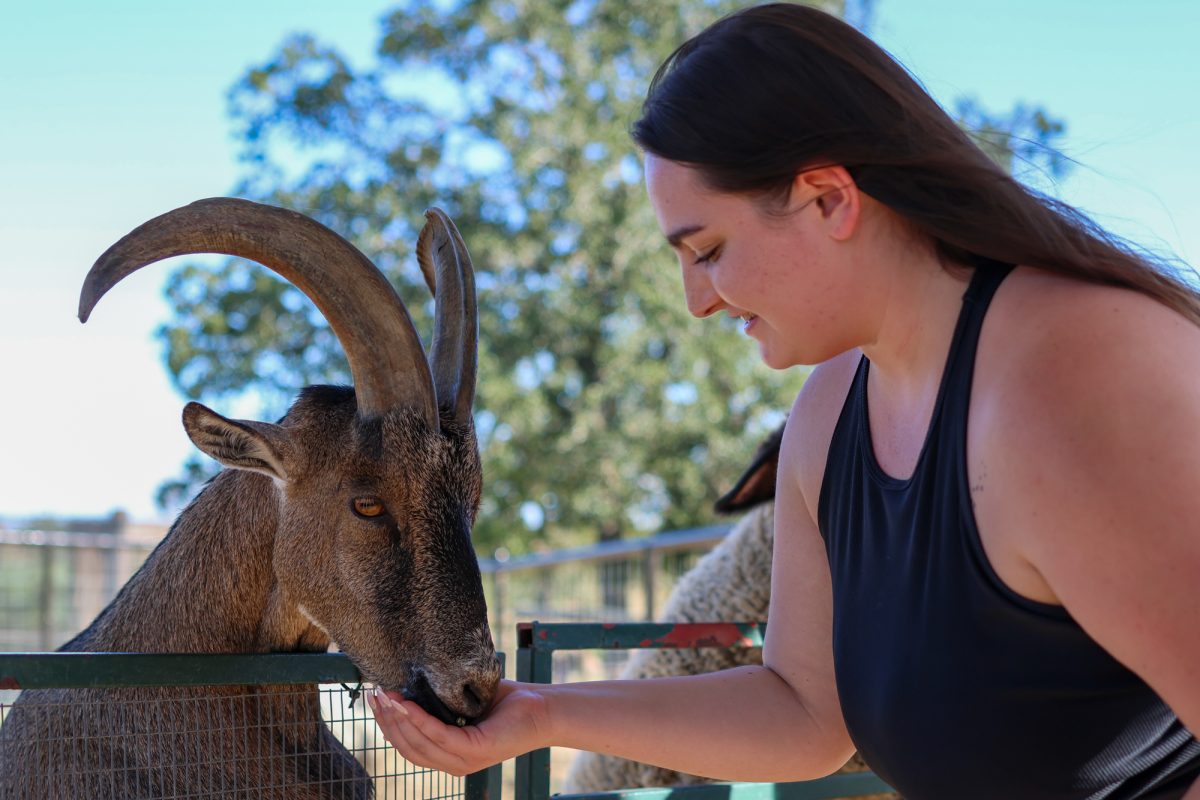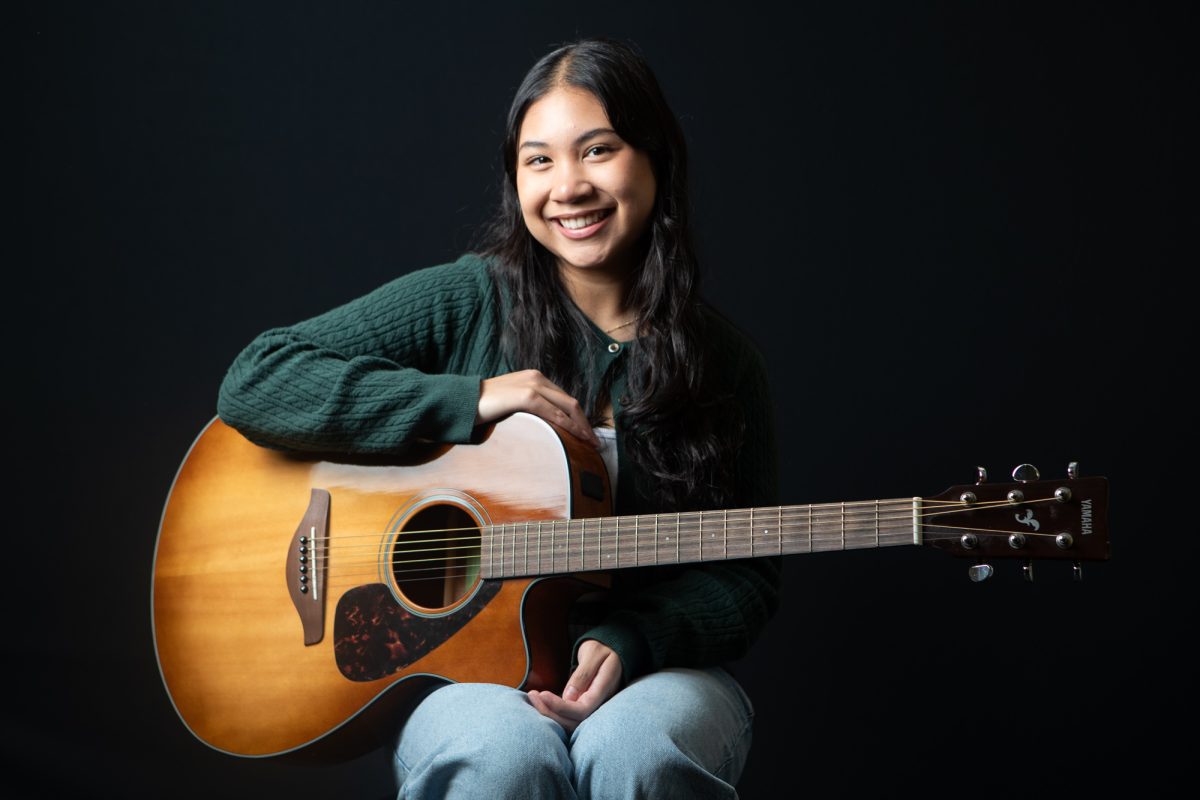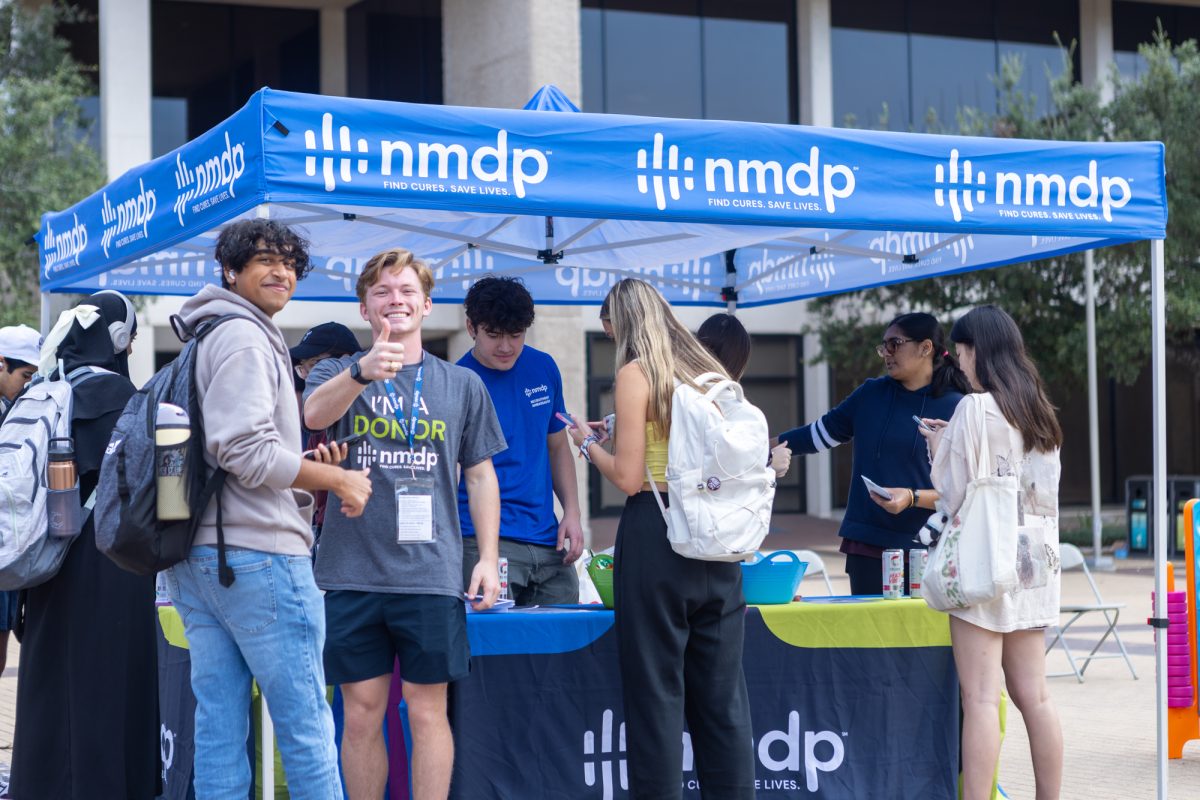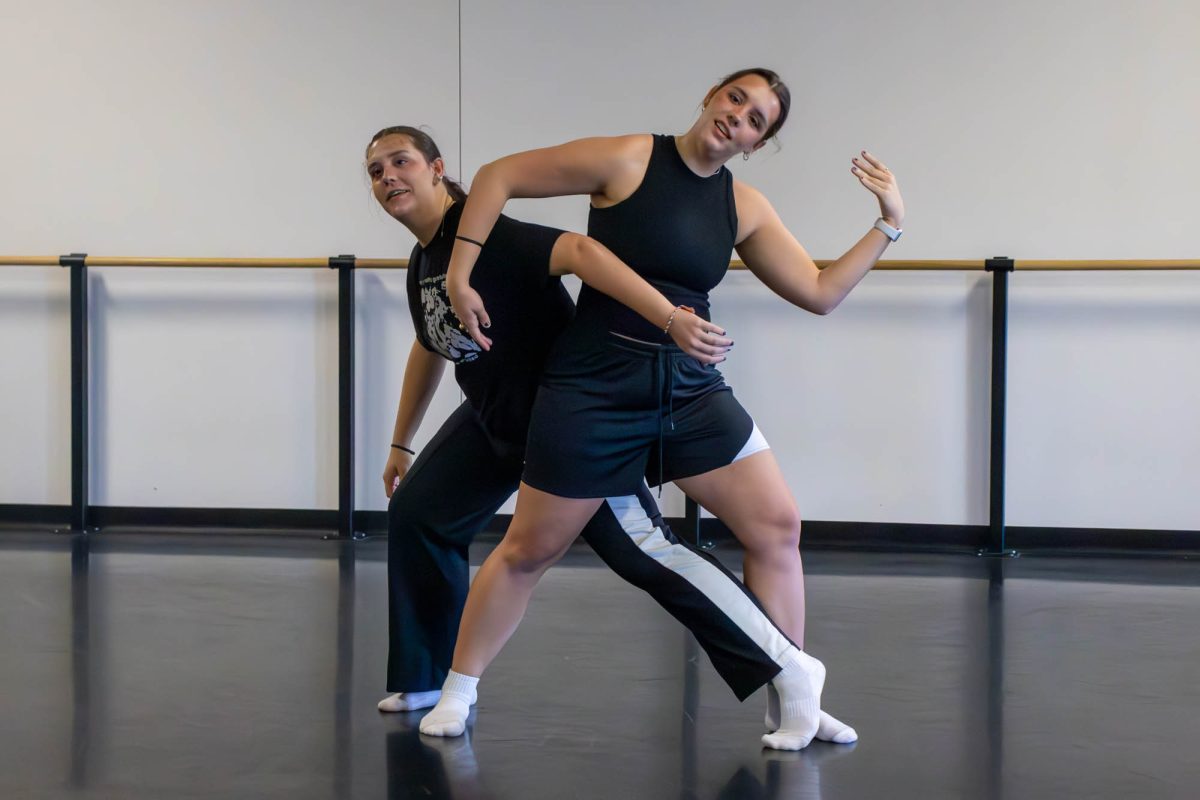Under the EpiAssist program, three A&M students traveled to Rockport in May to help the local community that is still struggling after Hurricane Harvey made landfall on Aug. 25, 2017.
Created in order to help prepare public health students, the EpiAssist program is a service learning program at the A&M School of Public Health that is open to both undergraduate and graduate students. EpiAssist provides the chance to serve communities and assists the state with data collection and analysis. Since 2015, more than 4,000 hours of service have been logged by the program.
EpiAssist allows for a mutually beneficial relationship between the experience-gaining students and health departments receiving help with community assessments. One of the most recent partnerships that took place was in Rockport, Texas. Suyash Gupta, graduate student Raïssa Lubanda and Claire Rowan worked with regional offices given grant money to conduct community assessments. The assessments are called CASPERs, or Community Assessment for Public Health Emergency Response, and question on the condition of homes, community and health.
Angela Clendenin, instructional assistant professor at the School of Public Health said the three students were split up while at Rockport, but were eager to help nonetheless.
“Most Aggies have that common core value of selfless service and so they want to help others. The students were excited to serve, they weren’t sure what they were going to find, but they were eager,”Clendenin said.
Rowan, Class of 2020, joined the EpiAssist program two years ago. She said Rockport was unlike other service she’s been involved in, because it dealt with people’s stories and not just numerical data.
“In Rockport we were discussing what people needed after Hurricane Harvey and how to prepare best for another disaster,” Rowan said.“Rockport was really different from the other [services] I’ve done. We got to really talk to people about what they had experienced and how we could help them.”
Suyash Gupta, Class of 2021, surveyed different residents about their pre and post Hurricane Harvey living conditions. Gupta said that many people were still displaced since the hurricane, with the poorer communities being affected the greatest. He found that displacement often led to mental health problems in the community.
“There was an RV community and each person was actually living in FEMA donated trailers,” Gupta said. “Three of the residents that had lived there had committed suicide in the past year, just from mental health issues and the inability to recognize what’s happening and the fact that weren’t able to be stable, especially after losing their homes, their jobs after Harvey.”
Gupta said the people appreciated the information being passed out by him and he was able to learn about many of the people there. However, of all the stories told, one stood out to him.
“This gentleman who we referred to as ‘The Fisherman,’ he was telling me that he actually took all the money he had and sent his wife and his kids towards San Antonio,” Gupta said. “He couldn’t afford to go with them, so he actually stayed in what was his house, [which got] lifted up and shaken around and he barely survived it.”
Overall, Clendenin said the students were passionate in their work because EpiAssist works to prepare students with experiences derived from lessons taught in class.
“There’s never gonna be a shortage of opportunities for Aggies who are willing to serve in any capacity,” Clendenin said. “Our students are taking classroom lessons and seeing them in action in the field and being able to apply things that they’ve learned is just phenomenal. It is unique and I think it’s valuable for students to be able to have that experience.”
Fostering selfless service
June 24, 2019
Photo by Provided
Suyash Gupta, Raissa Lubanda and Claire Rowan traveled with EpiAssist to help Rockport. Locals are still struggling to recover since Hurricane Harvey struck in 2017.
0
Donate to The Battalion
$70
$2500
Contributed
Our Goal
Your donation will support the student journalists of Texas A&M University - College Station. Your contribution will allow us to purchase equipment and cover our annual website hosting costs, in addition to paying freelance staffers for their work, travel costs for coverage and more!




